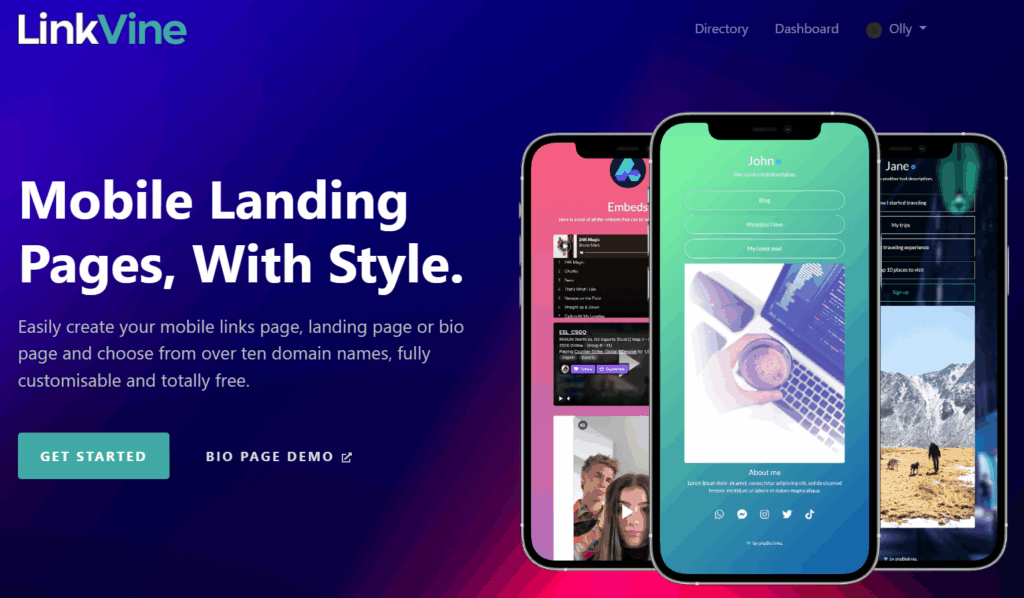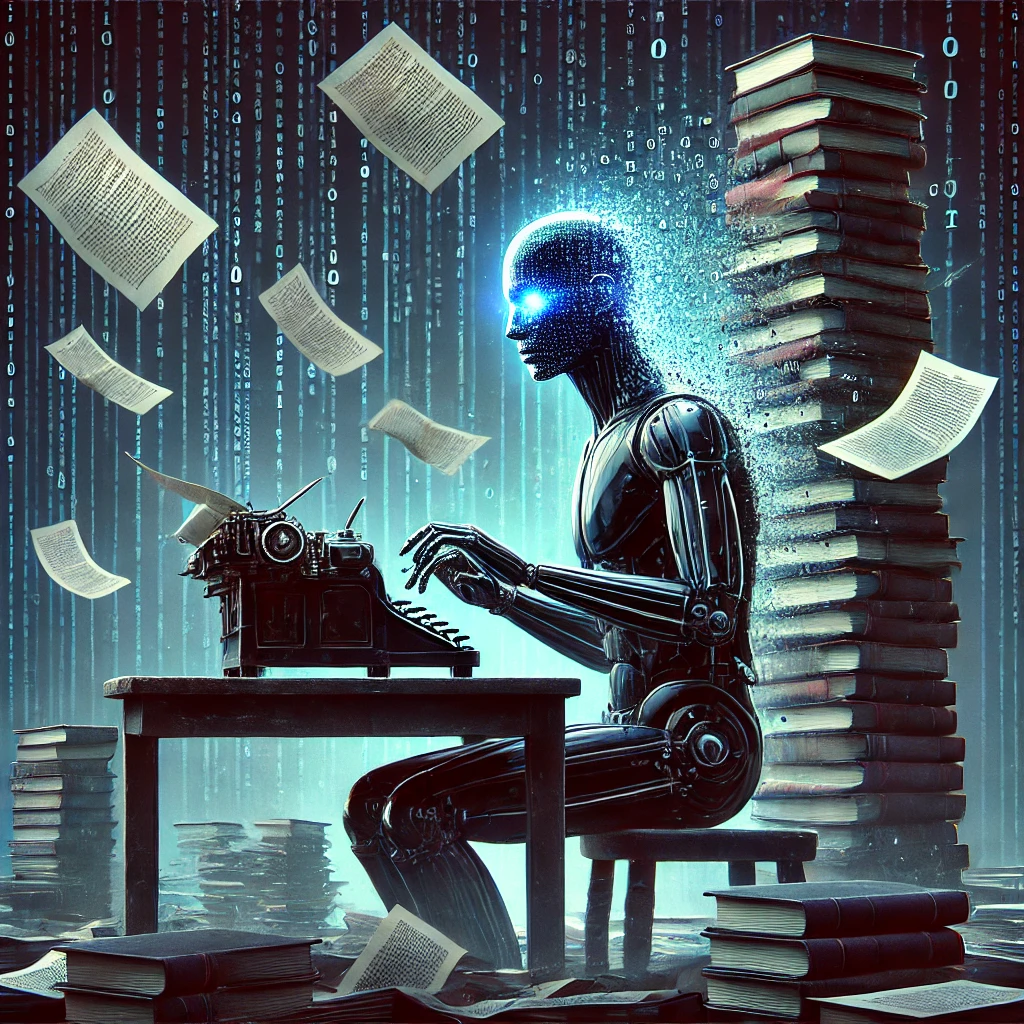Across the UK, high streets and town centres have faced some of their most difficult years on record. From the rise of online shopping to the lasting effects of the pandemic, many small independent businesses have been left searching for ways to connect with their communities and drive footfall back to local shops.

That is why we are excited to share details of TownCentre.app, an innovative new platform we are proud to support. This project is being designed with one clear goal in mind: to bring small businesses and local shoppers back together in a way that works for both sides – lets Save The High Street!
Supporting Small Businesses Without Barriers
Unlike many of the large online ordering platforms, TownCentre.app is being built from the ground up to remove obstacles for independent businesses. Shop owners will never have to pay sign-up fees or commissions to join the platform. Instead, the app provides a completely free space where they can showcase products, services, and offers to local people who are ready to support them.
This zero-cost model is crucial. Small businesses often operate on tight margins, and the extra fees charged by big tech platforms can make it impossible for them to compete. By keeping the service free forever for shop owners, TownCentre.app ensures that independents have a fair chance to thrive.
A Platform Built for Local Shoppers
For customers, the app will offer an experience that combines the convenience of digital browsing with the satisfaction of supporting local. Instead of scrolling through faceless global marketplaces, shoppers can discover products and services available just down the road.
The emphasis is on collection over delivery, which helps reduce costs, cut down on carbon emissions, and encourage customers back into their town centres. Once people are in the area, they are more likely to pop into other shops, grab a coffee, or explore local attractions, creating a ripple effect of benefits for the wider community.
Save The High Streets and Town Centres
TownCentre.app is about more than just individual transactions. It will be a tool to help revive the heart of our communities. By making it easy for local residents to browse and buy from nearby shops, the app encourages spending that stays within the community.

At the same time, it offers local authorities and community organisations a new way to engage with residents. Councils can use the app to share updates, promote events, and highlight regeneration projects, ensuring that the platform becomes not only a marketplace but also a hub of local information.
Unlocking New Opportunities
High streets are changing, but change does not have to mean decline. With TownCentre.app, small businesses can take advantage of the same digital tools that larger brands have enjoyed for years, without the cost or complexity that usually comes with them.
For some shops, this may mean expanding their customer base by reaching local people who might never have walked through their doors. For others, it might be about providing existing customers with an easier way to browse and reserve items. Whatever the case, the app gives businesses new opportunities to grow and adapt to modern shopping habits.
A Vision for the Future
The long-term vision for TownCentre.app goes beyond just being another marketplace. It is about building stronger local economies, reducing the dominance of global retail giants, and ensuring that our town centres remain vibrant places to live, work, and shop.
By partnering with TownCentre.app, we believe communities can rediscover the value of their high streets. Every purchase made through the app is not just a transaction, but an investment in local jobs, local character, and local resilience.
Final Thoughts – Save The High Street
Small businesses are the backbone of the UK economy, and our town centres play an important role in shaping the identity of our communities. TownCentre.app is a project that recognises both truths and provides a practical, accessible solution to the challenges they face.
We are proud to highlight this app as a platform with the potential to make a real difference. For shop owners, it offers a free and fair way to compete in the digital age. For shoppers, it provides a simple way to support local businesses. For communities, it represents hope for a stronger, more connected future.
The high street may have faced setbacks, but with initiatives like TownCentre.app, there is every reason to believe it can thrive once again.
Together, we can Save The High Street and Relaunch Your Local Town Centre!




